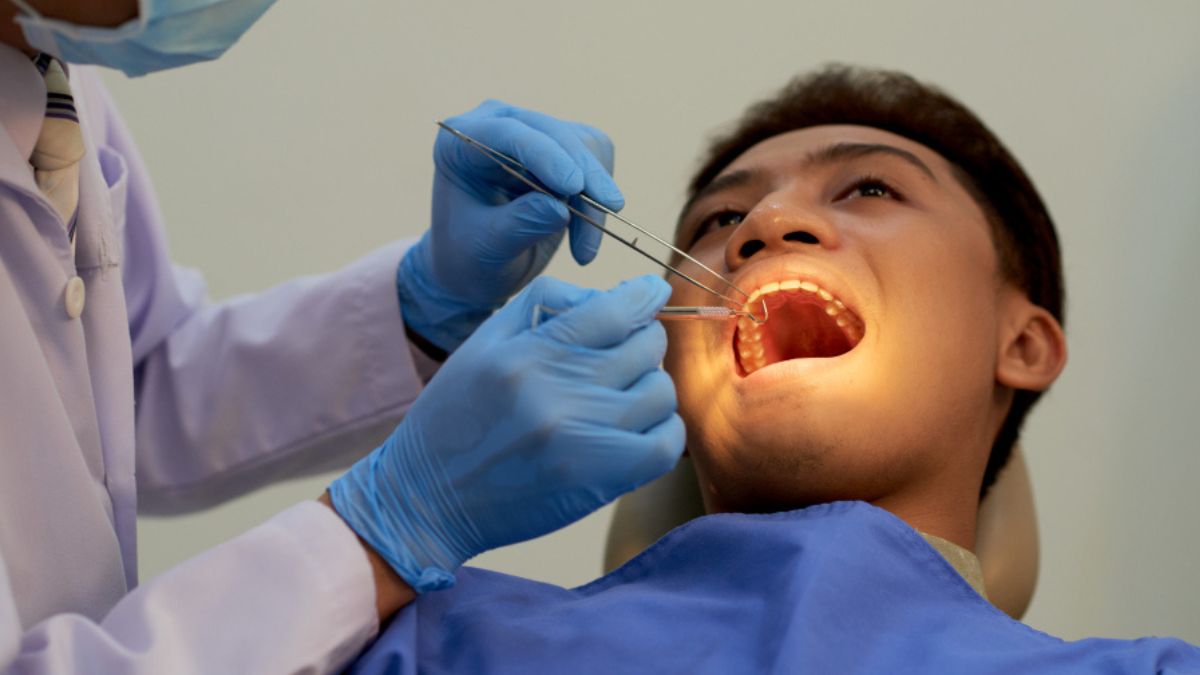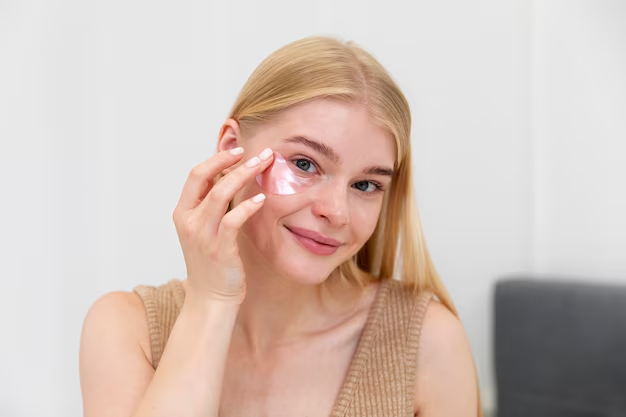When it comes to dental care, myths abound. From brushing habits to flossing techniques, misinformation can easily lead us astray. As we dive deeper into the world of oral health, it’s essential to separate fact from fiction—especially regarding our molarul teeth. These crucial players in our bite often get overlooked in conversations about dental hygiene. By debunking common misconceptions surrounding them and general dental practices, we’ll not only empower your smile but also enhance your understanding of what true oral care entails. Get ready to challenge the status quo and arm yourself with the knowledge that keeps your molar health on point!
Myth 1: You only need to brush your teeth once a day
Many people believe that brushing their teeth once a day is sufficient. This misconception can lead to serious oral health issues.
The reality is quite different. Dentists recommend brushing twice daily, ideally after breakfast and before bed. Brushing in the morning helps remove plaque that builds up overnight, while evening brushing eliminates food particles from the day.
Neglecting this routine increases the risk of cavities and gum disease. Bacteria thrive in unbrushed mouths, leading to decay and bad breath.
Furthermore, using fluoride toothpaste enhances enamel protection against acids produced by bacteria after meals.
Incorporating proper technique also matters; spend at least two minutes each time you brush for maximum effectiveness. Adopting a twice-a-day habit fosters healthier gums and stronger teeth over time. Prioritizing oral hygiene will pay off in lasting smiles!
Myth 2: Flossing is not necessary for good oral hygiene
Many people believe that brushing alone is sufficient for maintaining good oral hygiene. This myth can lead to serious dental issues over time.
Flossing plays a crucial role in removing plaque and food particles from between teeth, areas where toothbrushes often miss. Without it, bacteria can thrive, leading to gum disease and cavities.
Dental professionals consistently emphasize the importance of flossing. Research shows that regular flossing reduces inflammation and improves overall gum health.
Neglecting this simple step may result in more complicated—and costly—dental procedures down the road.
Making flossing a daily habit can significantly enhance your oral care routine. It’s not just about having fresh breath; it’s about ensuring long-term dental health too.
Myth 3: Sugar is the main cause of cavities
Many people believe that sugar is the sole culprit behind cavities. While it’s true that sugary foods can contribute to tooth decay, they aren’t the only factor at play.
Bacteria in your mouth thrive on sugars and produce acids as a byproduct. These acids are what attack tooth enamel and lead to cavities. However, it’s not just sugar; any carbohydrate can fuel these bacteria, including bread and pasta.
Moreover, oral hygiene habits significantly impact cavity formation. If you don’t brush or floss regularly, plaque builds up regardless of how much sugar you consume.
Diet plays a role too; acidic beverages and snacks can erode enamel over time without any added sugars involved. Understanding this broader picture helps clarify that while reducing sugar intake is important, comprehensive dental care should remain the focus for optimal oral health.
Myth 4: White teeth are always healthy teeth
Many people assume that a bright, white smile is synonymous with good oral health. However, this isn’t always the case. Teeth can appear dazzling and still harbor underlying issues.
For instance, whitening treatments can mask problems like decay or gum disease. Some individuals may have enamel erosion that makes teeth look whiter but leads to sensitivity and pain.
Additionally, genetics play a significant role in tooth color. Some people naturally have whiter teeth without any special care or treatment yet they might experience dental issues.
Visiting your dentist regularly is essential for assessing true dental health. Professional evaluations go beyond appearance to ensure your mouth is healthy inside and out. Remember, the best indicator of good oral hygiene isn’t just how white your teeth are; it’s about their overall condition and functionality as well.
Busting the myths with expert opinions and research
When it comes to dental care, expert opinions can shed light on what’s truly important. According to the American Dental Association, brushing twice a day is crucial for maintaining oral health. This prevents plaque buildup and keeps your gums healthy.
Flossing also plays an essential role in cleaning areas that a toothbrush simply can’t reach. Dentists emphasize that neglecting flossing can lead to gum disease over time.
The misconception about sugar being the sole culprit of cavities is misleading. While sugar contributes, bacteria and poor oral hygiene practices are significant factors as well. Research shows that diet and overall habits matter greatly.
Having white teeth doesn’t guarantee good oral health. Issues beneath the surface may exist regardless of how bright your smile appears. Regular check-ups with your dentist will provide insight into your true dental condition.
Conclusion and importance of proper dental care
Maintaining proper dental care is crucial for overall health. Healthy teeth and gums contribute to a confident smile, which can positively impact personal and professional interactions.
Regular brushing and flossing are foundational practices that should never be overlooked. These habits help prevent cavities, gum disease, and other oral issues that could lead to more significant health concerns down the line.
Visiting your dentist regularly also plays a vital role in maintaining oral hygiene. Professional cleanings remove plaque buildup that regular brushing may miss.
Moreover, understanding the truths behind common myths empowers individuals to make informed choices about their dental routine. Knowledge fosters better habits.
Prioritizing your dental health today sets the stage for a healthier tomorrow. Every small step counts toward achieving optimal oral wellness.
FAQs
When it comes to dental care, misinformation can lead to detrimental habits. Understanding the truth behind common myths is crucial for maintaining optimal oral health. It’s easy to fall prey to assumptions that can jeopardize your smile and well-being.
What is a molarul?
Molarul refers specifically to the molar teeth, which are large, flat teeth located at the back of your mouth. They play a vital role in chewing and grinding food.
How often should I brush my teeth?
Experts recommend brushing twice a day—once in the morning and once before bed—to effectively remove plaque and prevent decay.
Is flossing necessary if I brush regularly?
Yes! Flossing helps remove food particles and plaque from between your teeth which toothbrushes can’t reach. It’s an essential part of any good oral hygiene routine.
Can cavities form without sugar consumption?
Absolutely! While sugar contributes significantly to cavity formation, other factors like poor dental hygiene or acid-producing bacteria also play critical roles.
Does having white teeth guarantee good dental health?
Not necessarily. Teeth color doesn’t always indicate their health status. Regular check-ups with your dentist are essential for assessing overall oral health regardless of tooth color.
Maintaining healthy molarul requires more than just avoiding sweets or keeping up appearances; it demands diligence in daily care practices combined with professional guidance whenever needed.










